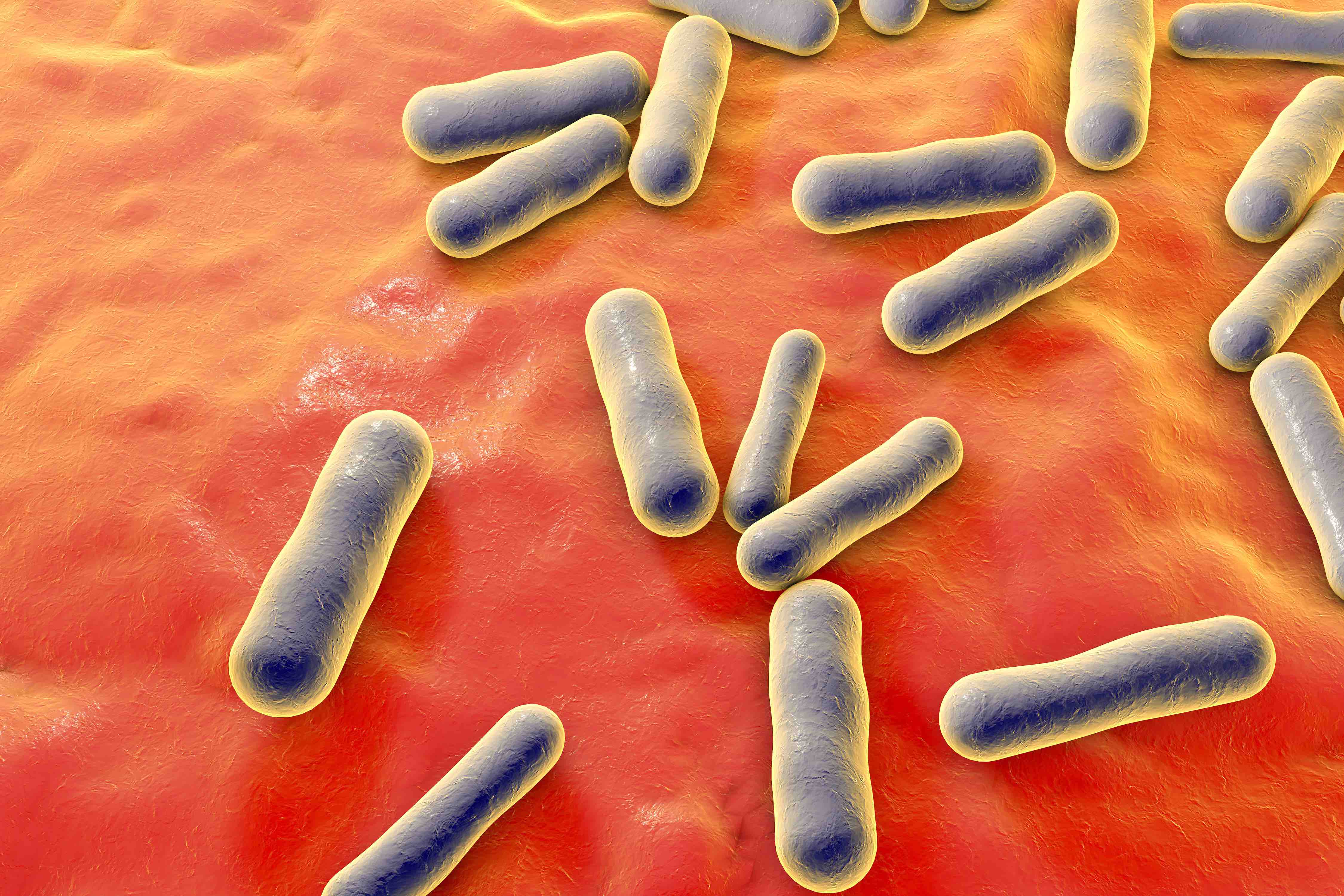Acne may be caused by an imbalance of skin bacteria, says study

Researchers have uncovered new information about the causes of acne, which could change the way the condition is treated.
Dr Huiying Li, of the David Geffen School of Medicine at the University of California-Los Angeles (UCLA), and colleagues uncovered evidence that the balance of bacteria on the skin may play a key role in acne development. The team recently presented the findings of their study, which were published in the journal Scientific Reports, at the Microbiology Society’s 2017 annual conference in Edinburgh.
The team enrolled 72 adults to their study, of whom 38 had acne and 34 did not. They collected skin follicle samples from each participant and then used a method known as DNA shotgun sequencing to determine the makeup of skin microbiota for each individual. They found that adults without acne possessed P. acnes abundant with genes that are associated with bacterial metabolism. Such genes are believed to be involved in halting the colonisation of harmful bacteria in the skin.
However, adults with acne had higher levels of virulence-related genes in P. acnes, the team reported. These included genes linked to the production of bacterial toxins that promote inflammation and poor skin health. The findings could lead to targeted treatments for the common skin condition such as probiotics that target specific strains of bacteria.

